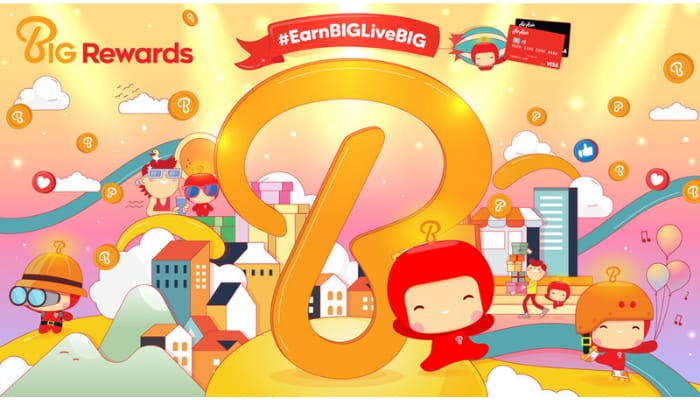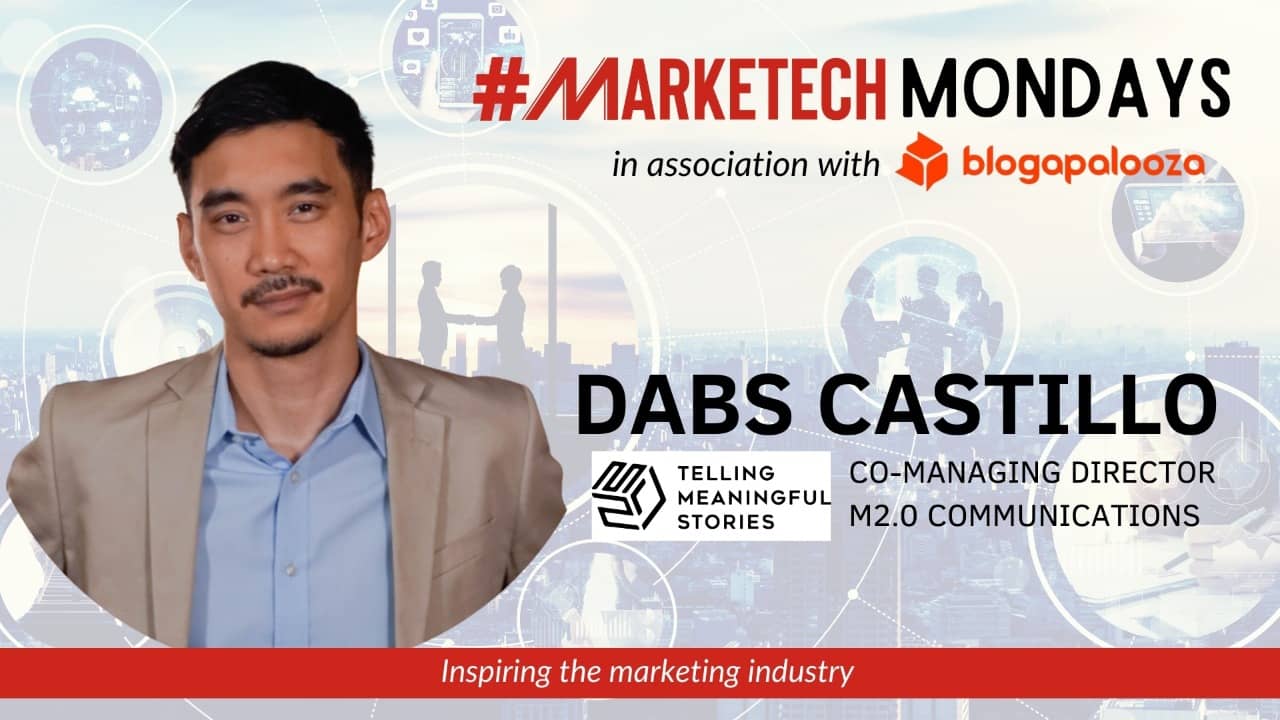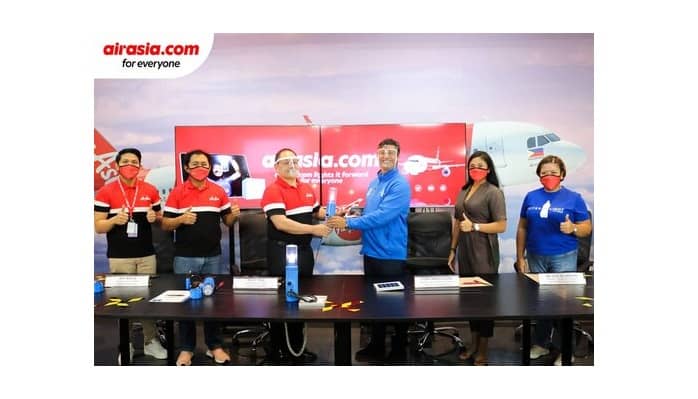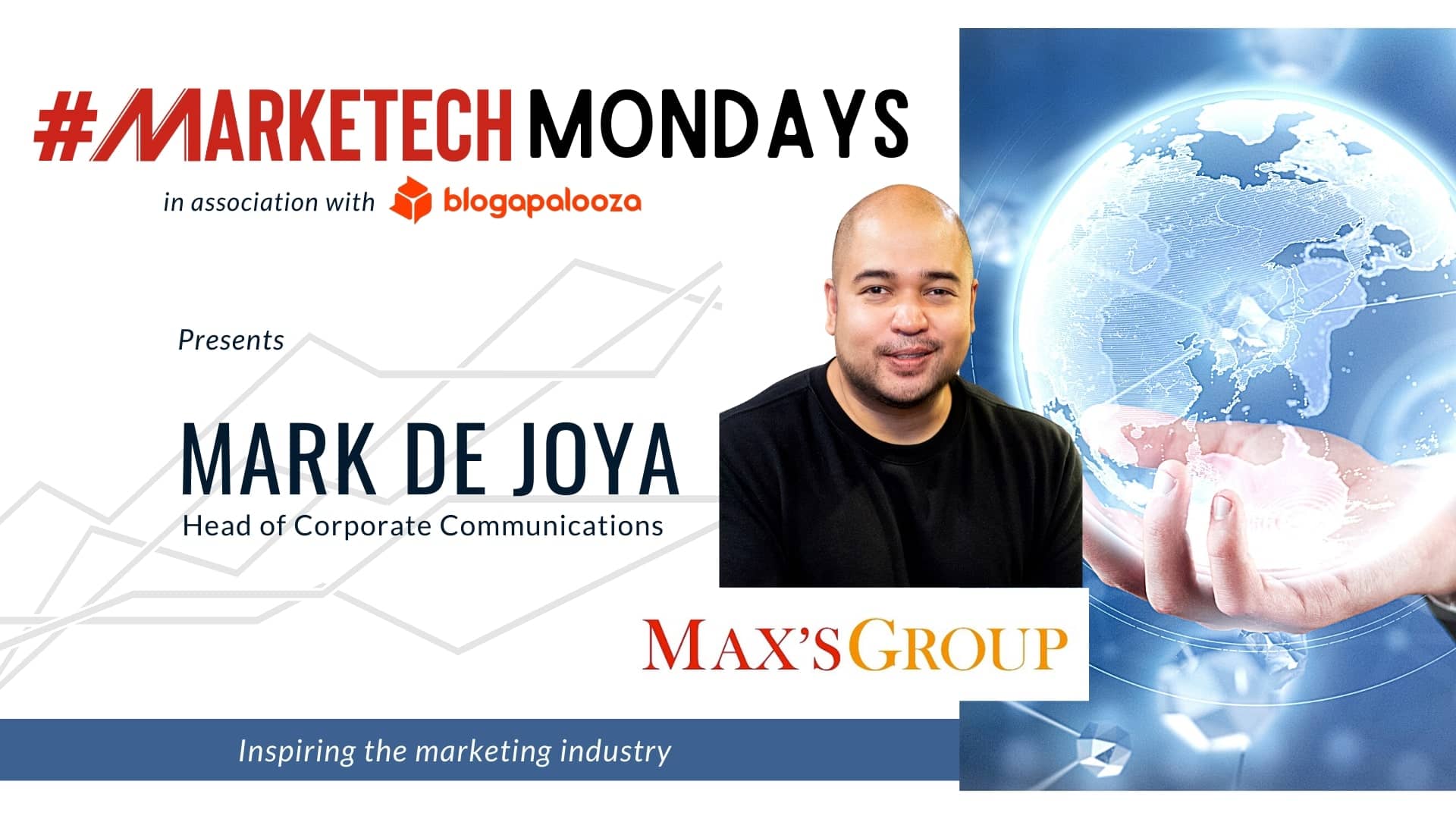It would be hard to believe that Allenie Caccam, the head of marketing of one of the biggest airlines in Asia, AirAsia, in the Philippines is a self-confessed introvert–but now that she boasts of more than ten years of PR and marketing experience, you would think–she must have done something right.
Allenie didn’t just thrive her way to an industry that is still mostly tagged as an extrovert’s world, but she did it with so much excellence that she rose through the ranks to become a top executive of a top airline brand.
She started out as a marketing manager for the airline in the Philippines in 2014, eventually climbing up the ladder to become its senior manager for international marketing, then finally, assuming the role of head of marketing at a period that is none other than during the height of the pandemic.
No surprise there–if you had to tap someone to trust your marketing during an unprecedented crisis, it would be Allenie. She is a Mass Communications graduate from the top national university in the country, University of the Philippines (UP), and carries a master’s degree in Business Administration from Asia School of Business.
Fresh out of college, she began her grip in the industry as a PR manager at Grey Group which was still called Campaigns & Grey Philippines at the time. Before stepping into the world of aviation, she also had her time whipping up marketing strategies and creative campaigns for milk consumer goods company, Alaska Milk Corporation.
In the MARKETECH Mondays interview, Allenie did not just let us in on her great career journey, but also gave insights that only a person with a unique experience of hers could impart – on failures and successes, on leadership, and ultimately, a veteran’s advice to the budding marketers of the new generation.
An introvert’s foray into the colorful but sometimes rowdy world of marketing
It’s been months since we’ve started our MARKETECH Mondays webisode, and if there’s one thing marketing leaders speak in consensus, it’s that marketing may look fun on the surface, but is actually a work demanding of great determination and grit.
Admitting to being an introvert, starting out as a PR manager took a challenge for neophyte Allenie at the time, sharing that her first dip into the industry immediately thrust her to do a lot of ‘people work’.
As an introvert, it was very hard for me to talk to media, to talk to different kinds of stakeholders, presenting in big meetings. It was really going out of my comfort zone.
Albeit a challenge, Allenie said that more than anything, the experience was ‘exciting’.

“Most of the skills that I learned during that time are also the same skills that I think have been useful in my career journey even after staying in the PR industry.”
Allenie’s PR unit at Grey was called CAPRI, where she did PR campaigns for multinational companies. Her first PR event was a launch for a fashion brand and was tasked to do media relations.
She shared that as a beginner, she had a lot of sit-down engagements with her bosses, hence, reiterates the importance of feedback at such stage of one’s marketing career.
Learn as much as you can. I was always having one-on-one talks with my managing director, my direct boss during that time, and we would always sit down and discuss what are the things that should be happening in the day-to-day.
Allenie adds, “A lot of it is also trying to figure out what you really want to contribute to the group. For example, if you’re really into a certain type of industry, then that’s also I think [something that] you should voice out to your manager or to your direct boss so that you could actually hone your skills first at something that you’re comfortable with, and then as you become more confident in what you’re doing, then you start to venture into other industries or [to] other products, or [to] other companies that could actually expand your knowledge or your expertise.”
How the concept of failure and success evolved for Allenie
Having started a decade ago, Allenie said that with growth, her concept of ‘failure’ and ‘success’ has also naturally evolved. When before, failing would mean that a creative idea or campaign has not translated to sales or the target engagement, being a leader changes those entirely, where now, a fallout or a victory is more closely anchored to people management.
Earlier marketing stints saw Allenie launching Alaska’s Krem-Top coffee creamer product to compete with leading Nescafe brand at the time, and when she stepped into the AirAsia company, earlier roles had her driving the network expansion plan of the airline in the country and lead digital campaigns to promote international routes. All of those–she shared, was what used to be her ultimate metric of success and failure.

From just projects [and] meeting the targets, now it’s also more of how successful am I in building or training the members of my team. Now, failure for me is if they didn’t learn anything, or if they’re not improving, or if they’re not growing.
Success then would be the counter of such possible shortcomings in team management. For Allenie, success now meant being able to successfully launch those under her to manage their own, or heck, see them become even better than her, or when those that are more senior to her are able to recognize the efforts of her team.
Now having assumed two senior leadership roles in AirAsia in a span of three years, she shared that at times, her team members have grown to be more confident that they don’t bother anymore to ask for her opinion – to which she agrees is a “good thing.”
Seeing your team being able to handle their own [projects], [and when] you would see the difference between you holding their hands before versus now that they don’t even ask for your opinion anymore because they already know what they’re doing–those are the moments that I think I’ve been really, really successful.
As a leader: ‘As above, so below’
Allenie is no doubt a leader not just in title but in heart. Even after a decade-long professional career, when it comes to leadership, she still clings to a principle that she learned way back as a university student which is ‘As above, so below’–a philosophy pertaining to the close relationship between the forces taking place below a surface and above it, such as leaderhip.
I always make it a point to be more self-aware [because of that perspective]. For example, if your team is not doing well, it doesn’t necessarily mean that they’re not good, but also because maybe, it’s your style of leading them, and maybe there’s something more that you need to do from your end so they could do better.

Allenie believes that leadership is looking at your team as a reflection of how you are as a leader – how you manage, how you decide, and your mood as a leader.
“I always make it a point [to] do self-reflection, especially when I’m having a stressful day [or week], [I try to see] how does that affect my team, and however they are performing is a reflection of how I am training them.”
On a more operational level, Allenie scratches the idea of “imposing things,” instead, engages the team through conversations to talk about the important ‘whys’.
“[I like] having discussions with them to talk about the ‘whys’ like ‘why do you want to do this’, or ‘why is your strategy this and not that’”
I think when your team understands their ‘why’, why they are doing things, why they are performing a certain task, then it becomes more natural for them to initiate actions or to initiate solutions because they understand the reason why they’re doing it.
To budding marketers–specialization and being collaborative are the ways to go
Specialization–that is Allenie’s advice to the upcoming generation of marketers as we conclude the MARKETECH Mondays interview. You would think that carrying such ‘versatility’ in the profession – with experience in product development, PR, and aviation and route management – such advice would be ironic, but it actually takes someone who has successfully made ‘the rounds’ and experienced different pathways in the profession to know that being out in the field and experimenting is only part of sharpening the saw.
Know everything or know the basics, and then you specialize [in] one thing, so that you have a specific skill set that only caters to that before you expand to the others, [because] that will also help you get a direction on what career path you want [to take] in the marketing industry.
Allenie also touches on another important thing, something that transcends expertise and one that encourages good work ethic – and that is being collaborative.
Allenie believes that while marketing is one of the core departments in any company, it is only one part of the equation and that whatever success comes out of one brand’s marketing efforts, it is always, and will be a product of a good collaboration with other departments.
Just because you’re [in] marketing, doesn’t mean that you shouldn’t care [about] all the other departments. Marketing is one of the core departments in any brand or in any company, and [if you] know how operations work, know how finance, [sales] [or] [PR] works, [and just] know how all the other departments work, you can come up with better marketing strategies and better campaigns that [are] more holistic and [more] collaborative.
She adds, “If you just focus on marketing, it’s not just about shouting prices, it’s not just about coming up with buzzwords, or the next big thing, [because] a lot of those insights come from the feedback of the [other] departments. Usually, successful campaigns are successful because it involves full cooperation of the other departments in the company.”
Ultimately, she said, “Sometimes, the real core ideas of our campaigns also come from other departments. Stay collaborative all the way.”
Watch our live interview with Allenie Caccam on our YouTube channel.
If you are a marketing leader and have an inspiring story to share, email us at [email protected].












